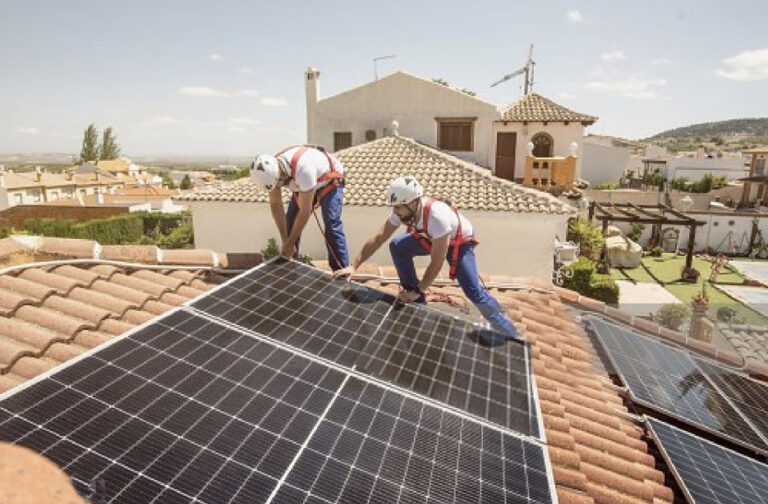Whether you’re a business owner leveraging solar power or an installer maintaining systems for clients, understanding the importance of routine solar panel maintenance is key. Regular maintenance not only ensures optimal performance, but also significantly extends the lifespan of the solar setup. By keeping your panels in top condition, you can maximize both the efficiency and the cost-effectiveness of your solar investment.
Regular Solar Panel Maintenance Tasks
Maintaining your solar panels is not just about keeping them clean; it’s about ensuring they operate at peak efficiency. Here’s how you can start:
- Cleaning Your Panels: Dust, leaves, and other debris can obscure the sun’s rays and diminish your system’s performance. Regular cleaning, especially after storms or during pollen-heavy seasons, is crucial. Ideally, panels should be cleaned quarterly or more often if visible dirt accumulates.
- Inspecting for Damage: Regular checks for cracks, scratches, or other wear and tear should be conducted at least twice a year to prevent small issues from becoming costly problems.
- Sun Exposure Checks: Ensure that your panels are always positioned to capture maximum sunlight, free from shading by trees or buildings throughout the day. This should be checked seasonally, as the sun’s position changes throughout the year.

This proactive approach to maintenance will help safeguard your investment and keep your solar panels performing well year-round.
Troubleshooting Common Issues
Identifying and resolving issues with your solar panel system is key to maintaining its efficiency and longevity.
Inverter Faults: Inverter issues are common and usually manifest as error messages or noticeable drops in energy production. Regular monitoring of your system’s output through its digital interface is crucial for early detection of such faults.
Decreased Efficiency: This might be due to physical obstructions, accumulated dirt, or new shading issues. Check that all electrical connections are tight and corrosion-free as well.
For any persistent or unclear issues, referring to the manufacturer’s manual for specific troubleshooting guidance or consulting with a professional is advisable. Regular diagnostics and quick responses to any signs of trouble can prevent minor issues from becoming major disruptions.
Professional Inspection
Regular professional inspections are a cornerstone of maintaining a high-performing solar panel system.
Scheduling Inspections: It’s recommended to have a professional inspection at least once every 5 years, though some settings exposed to harsher environments might benefit from more frequent reviews.
Expectations During a Check-Up: A professional technician will conduct a thorough examination of your solar panels, including structural checks, inverter testing, and electrical connection assessments. They will also evaluate the system’s overall efficiency and identify potential issues that might not be apparent to the untrained eye. This check-up ensures your system operates at its best and adheres to safety standards.
Seasonal Solar Panel Maintenance Tips
Maintaining solar panels effectively requires adjusting your approach based on the season.
Spring and Summer: Check for any overgrowth that may shade your panels and trim it back. Dust and pollen accumulation can also be high, necessitating more frequent cleaning.
Fall: Falling leaves and increased rainfall can lead to debris accumulation; regular cleaning is essential.
Winter: Snow and ice can cover panels and significantly decrease performance. Safely removing snow and ensuring panels are clear can maintain output during short winter days.
Maintaining your solar panels effectively ensures they continue to perform at their best, supporting both your energy needs and environmental goals. Regular cleaning, inspections, and seasonal adjustments are key components of a good maintenance routine. By staying diligent, you help extend the lifespan of your investment and ensure it continues to provide value and efficiency year-round.


